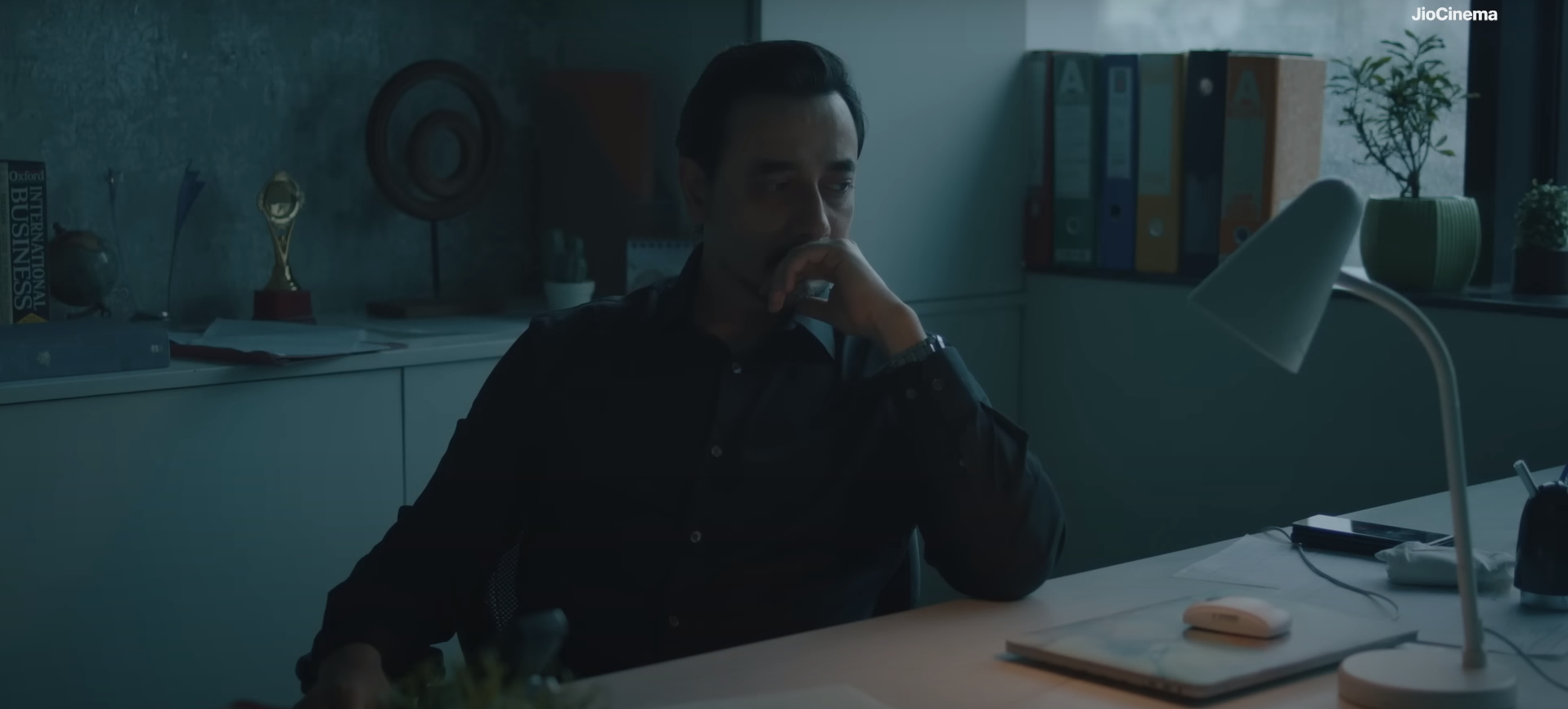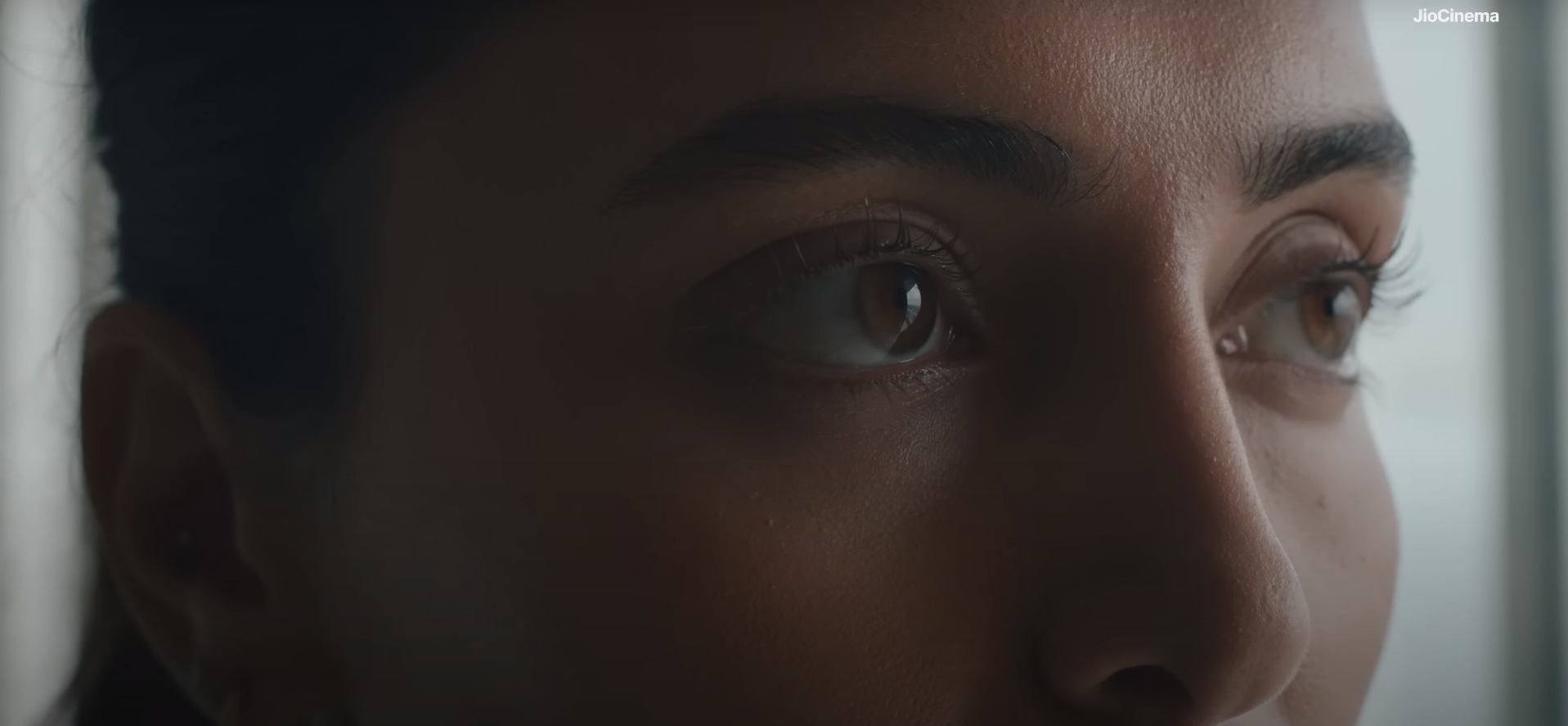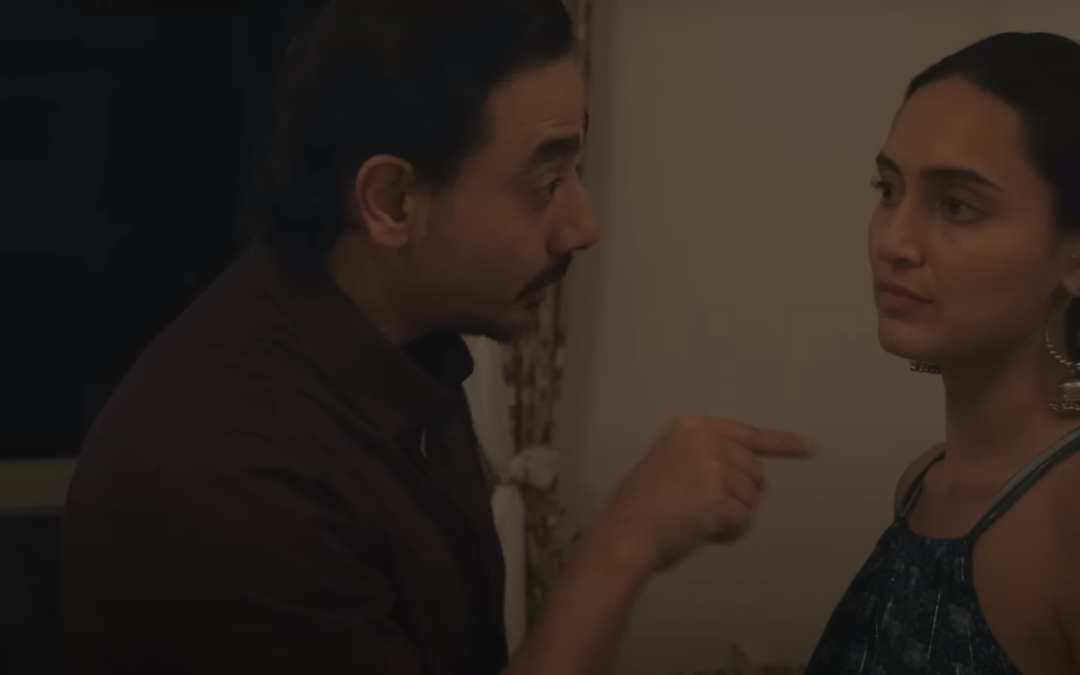In “Rat in the Kitchen,” the director Arkish Aftab delivers a haunting commentary on the repercussions of neglect, both on a personal and societal level. This gripping film seamlessly blends elements of neo-noir, horror, and thriller genres to craft a narrative that delves deep into the human experience. At its heart, the integration of these elements resonates profoundly with the audience, drawing them into a world where the boundaries between the ordinary and the horrifying blur.
The film’s inspiration is drawn from a real incident that unfolded not in India but in the United States, specifically in New York in 2009. The story follows Joe Cummings, a young man who made a chilling discovery. For weeks, he noticed that food items in his kitchen mysteriously disappeared daily. Initially attributing it to rats or another animal, Joe was baffled about the point of entry.
Desperate for answers, Joe installed a camera in his room, only to uncover a shocking truth. A woman had been living in the upper cupboard of his room, sneaking into his apartment during the night or when he was away. She not only raided his fridge and consumed his food but also used his sink for less savory purposes.

Joe Cummings uploaded the video of this unsettling revelation on YouTube, which quickly went viral, sparking various theories and speculations. While Joe alone knows the full truth behind the video, it serves as the foundation for the movie, with fictional elements woven in to heighten its thrill and entertainment value.
“Rat in the Kitchen” revolves around the life of Vikram, a middle-aged man grappling with the emotional aftermath of a bitter separation from his wife. His newfound solitude plunges him into a world of loneliness and emotional turmoil, a stark contrast to his previous life as a content family man.
The film’s visual aesthetics, characterized by gritty and dark undertones, serve as a metaphor for Vikram’s inner struggles. Through meticulous cinematography and art direction, the audience is thrust into Vikram’s world of desolation and neglect, mirroring his psychological state. The interplay of darkness and shadows intensifies the sense of impending doom, setting the stage for eerie revelations.
The portrayal of Vikram’s descent into loneliness, negligence, and alcoholism is delivered with raw authenticity, thanks to the exceptional performances of Mantra Mugdh and Aishwarya Desai. This portrayal evokes genuine empathy, making Vikram’s journey all the more harrowing. As viewers witness his unraveling daily life, they are forced to confront the tangible consequences of personal neglect and isolation, a theme that resonates universally

The introduction of the rat infestation becomes the catalyst for Vikram’s awakening, a stark reminder that even the most mundane problems can fester when left unattended. This metaphor extends beyond the literal rats, encapsulating the broader issue of societal negligence and the erosion of safety nets. Vikram’s decision to install CCTV cameras symbolizes a desperate attempt to regain control and security in his life, driven by fear and an increasing awareness of the gravity of his situation.
A pivotal moment in the film arrives when Vikram views the CCTV footage, a masterful stroke of suspenseful storytelling. Viewers are held in breathless anticipation, mirroring Vikram’s paranoia. What unfolds on the screen goes beyond the typical horror tropes; it is not a supernatural entity that haunts Vikram’s sanctuary but something far more sinister — a violation of privacy that taps into every viewer’s deepest fears.
The film’s roots in a real-life event — the street rat problem — infuse it with authenticity and urgency. By weaving this societal issue into the narrative, “Rat in the Kitchen” forces viewers to confront the uncomfortable truth that neglect, whether of personal relationships or broader societal problems, yields tangible and often devastating consequences.
“Rat in the Kitchen” stands as a tour de force in the realm of short films, set for release soon on Jio Cinema. Its expert handling of the genre, combined with its unflinching exploration of neglected lives and the horrors they may harbor, elevates it to a level of storytelling that is as relevant as it is chilling. Prepare to be captivated, disturbed, and ultimately, enlightened by this dark reflection of the human condition.




